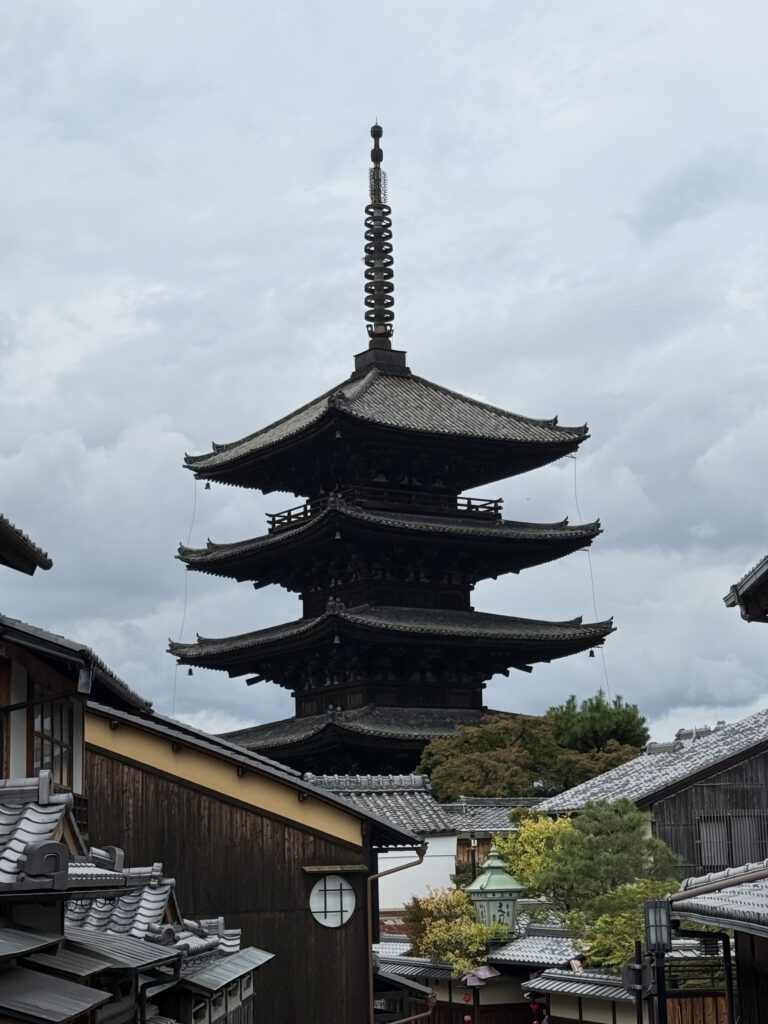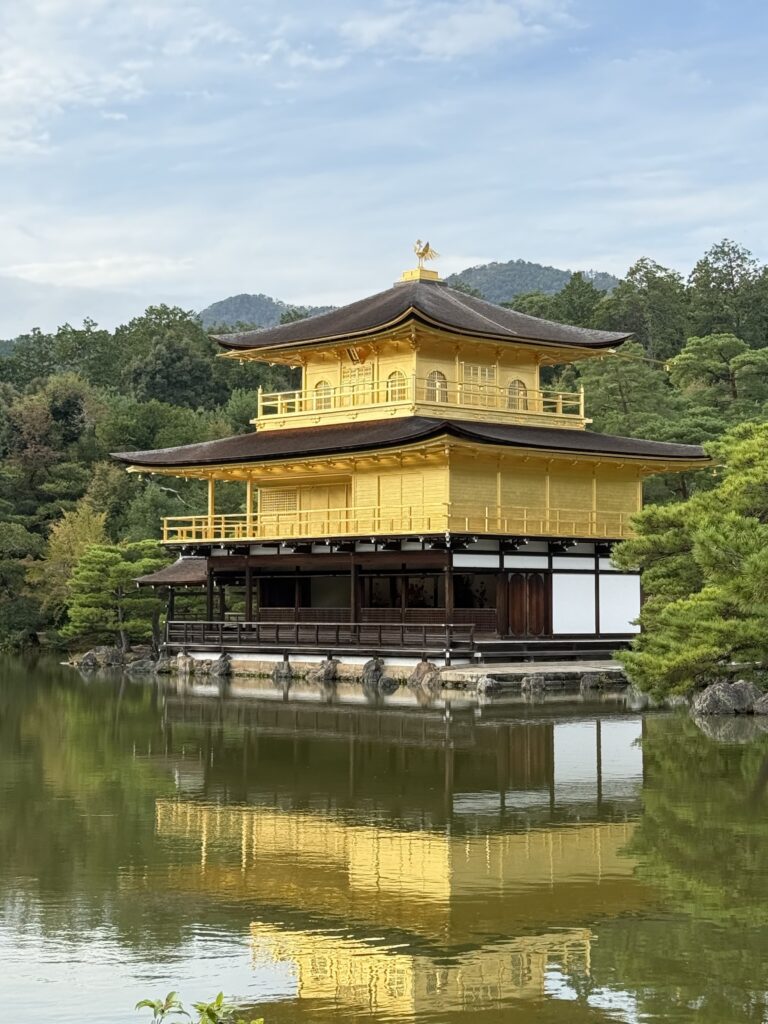I recently returned from my first visit to Japan, and it was an extraordinary experience. The country’s exceptional cleanliness, well-ordered society, and deeply ingrained politeness stand out as hallmarks of its culture. These qualities not only make Japan unique but also serve as powerful lessons for other nations, including the United States.

A Culture of Cleanliness
In Japan, cleanliness is a cornerstone of daily life. From early childhood, individuals are taught to clean and maintain shared spaces, such as classrooms and homes, fostering a sense of collective responsibility. This shared commitment creates pristine streets and public areas.
For the U.S., adopting a similar mindset could transform public spaces. Introducing cleaning habits into school curriculums or encouraging community participation in maintaining neighborhoods could instill greater respect for shared environments.
Efficient Urban Planning
Tokyo, the largest city in the world, exemplifies efficiency in urban design. Despite its density, the city thrives on its meticulously organized infrastructure, from public transportation to housing.
Cities in the U.S., particularly those struggling with congestion, could benefit from adopting such strategies. Prioritizing efficient public transit systems and rethinking urban layouts could lead to more sustainable and livable spaces.
Politeness as a Social Foundation
Politeness in Japan goes beyond simple manners; it’s a societal norm. Practices such as speaking softly in public, bowing in greeting, and respecting personal space reflect a deep-seated value for harmony.
Integrating these principles into U.S. culture—especially in crowded or shared spaces—could enhance public interactions, fostering mutual respect and a more pleasant social environment.
Sustainability in Practice
Japan’s recycling system is one of the most advanced globally, requiring individuals to sort waste into specific categories. This meticulous approach has significantly reduced environmental impact.
In the U.S., structured recycling systems and clear guidelines could improve waste management. Incentives for sustainable practices and community-driven initiatives could further drive environmental responsibility.
Mindful Public Behavior
Respect for public spaces is another defining aspect of Japanese society. Keeping noise to a minimum and being considerate of others in crowded areas contributes to a peaceful environment.
The U.S. could encourage similar mindfulness by promoting initiatives focused on public etiquette and shared responsibility. A collective effort to respect communal areas would enhance overall public experiences.
Bringing it Home
Japan’s commitment to cleanliness, organization, and politeness offers a blueprint for building more respectful, efficient, and sustainable societies. While cultural differences remain, adopting aspects of these practices could enhance quality of life in the U.S.
My experience in Japan left me inspired, and I look forward to future visits. By learning from their example, we can create communities that are cleaner, more organized, and deeply rooted in respect for one another.
Stay connected with Michael Stoian on Twitter, Instagram, Facebook, and LinkedIn for the latest updates and insights.



